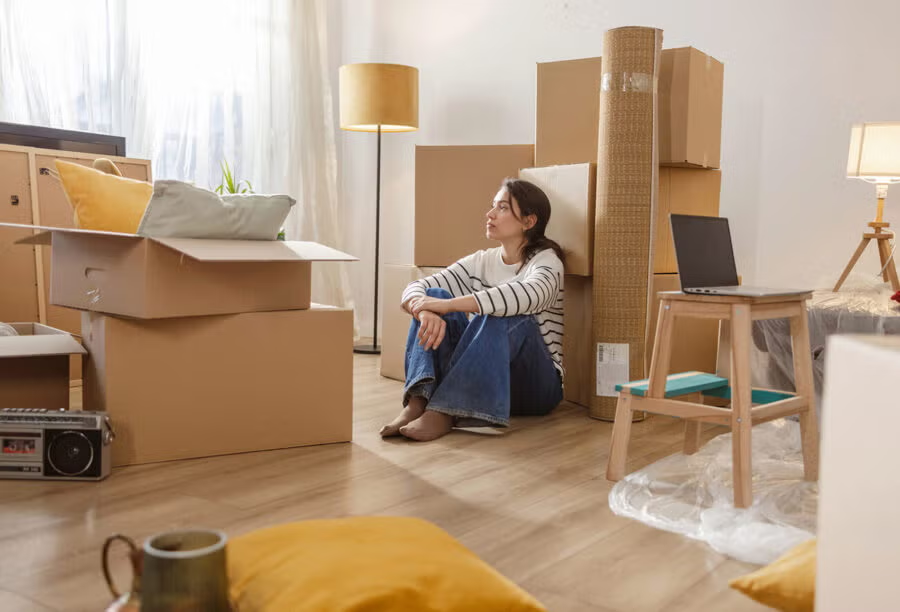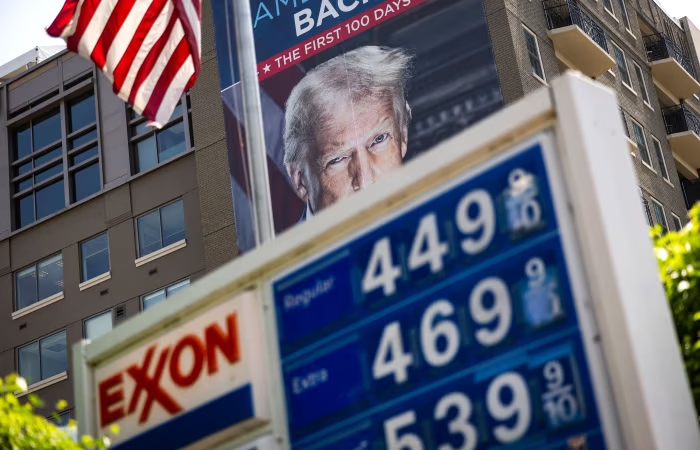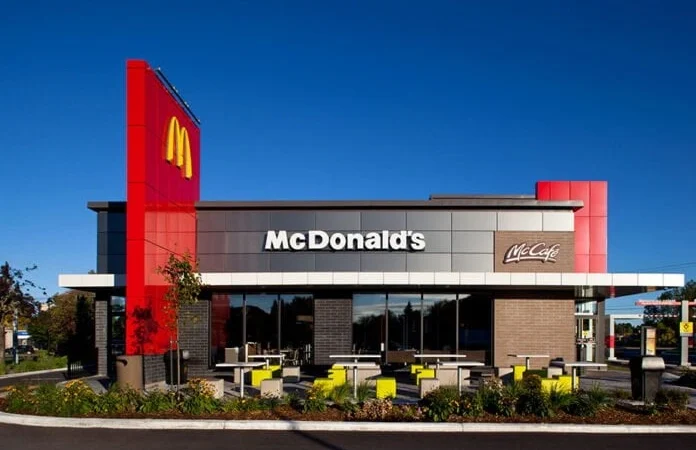Millennials feel permanently shut out of owning homes and it’s bleeding into every corner of their economic future, top Economist says

Few milestones symbolize the American Dream quite like owning a home. For millennials, though, that dream has remained frustratingly elusive. This is the generation that came of age during the fallout of the 2008 financial crash, only to be hit again by the pandemic’s economic shockwaves. And now, just as many are entering prime homebuying years, housing affordability has cratered to a 40-year low while mortgage rates remain painfully high—near levels not seen in four decades.
That sense of being locked out of the housing market isn’t just a financial burden—it’s also deeply emotional. It colors how millennials view their entire financial outlook, according to Moody’s chief economist Mark Zandi. “If they feel like they’re locked out of owning a home it colors their perceptions about everything else going on in their financial lives,” Zandi says.
The housing market has been a punishing force for millennials for most of their adult lives. They’ve endured two once-in-a-generation economic meltdowns—the 2008 crash and the COVID-19 pandemic. The former saw the real estate market crumble under the weight of predatory lending and collapsing mortgage-backed securities. The latter sparked a work-from-home revolution that sent buyers flocking to suburban areas and small towns, pushing up home prices to unprecedented levels.
Without serious reforms to make housing more affordable, younger generations—who “already feel disenfranchised,” Zandi warns—could turn their economic disappointment into political discontent. His team’s modeling, which links economic indicators to electoral outcomes, suggests housing access could have real consequences for President Joe Biden’s 2024 re-election chances.
“Homeownership is just unaffordable,” Zandi told us. “If it looks like affordability is getting worse and their prospects of becoming a homebuyer are diminishing, that’s going to undermine Biden’s reelection bid.”
The outlook worsened last fall when mortgage rates surged above 8%—the highest in over 20 years—coinciding with a broader cost-of-living crisis that seemed to dash any remaining millennial hopes of homeownership. But more recently, rates have begun to retreat, hovering near 6.8%, which gives some would-be buyers cautious optimism that the market might stabilize.
“When interest rates are at 6%, people feel like they have a chance of becoming a homeowner at some point,” Zandi explains. “Mortgage rates are really very critical” to people’s sense of opportunity.
Of course, today’s rates are still a far cry from the pandemic-era lows of 2.6% in January 2021—among the cheapest borrowing conditions in history. While rates likely won’t return to those extremes, some analysts anticipate further declines, possibly dipping to around 5.5%. With inflation easing and employment remaining strong, there’s hope that a more favorable housing landscape could emerge.
That matters deeply to millennials. A December note from Bank of America Research found that homeownership holds more weight for today’s younger buyers than it did for previous generations. For many, owning property feels like the only reliable financial safe haven in an increasingly unstable economy.
“The goal of homeownership is increasing because of its importance as a respite from a volatile economic environment,” says John Walkup, cofounder of real estate analytics firm UrbanDigs.
Older millennials, especially, are in a bind. Despite some improvement in post-pandemic ownership numbers, they remain far below pre-2008 levels. Bank of America Research found that younger millennials—those aged 28 to 35—are gradually closing the gap with Gen X and boomers. But the legacy of economic instability still hangs heavy, particularly for those who entered adulthood during the Great Recession, burdened with student debt and limited job prospects.
Even now, wages haven’t come close to keeping up with real estate prices. One housing industry executive told us that incomes would need to rise by 55% just to bring affordability back in line.
That’s a major problem for a generation that sees buying a house not just as a personal milestone, but as an essential path to building wealth. “Historically, real estate has been a sure-shot way of unleashing wealth…especially for the middle class,” says Monisha Rana, a real estate agent with Coldwell Banker Warburg in New York.
The numbers back that up: the typical homeowner’s net worth is 40 times higher than that of a renter, according to the National Association of Realtors. With home prices forecast to climb another 5% this year, according to Morgan Stanley, selling a property could be a rare financial windfall for families who’ve managed to break into the market.
On the flip side, those who remain renters risk falling further behind. Without home equity, they miss out on one of the most powerful wealth-building tools available to the middle class.
“Homeownership is about more deep-seated feelings around the economy, particularly for younger people,” Zandi says. “If they can’t afford to buy a home, that really undermines their general thinking about everything else, when it comes to the economy—their job, their pay, their net worth.”
It’s not just a housing crisis. It’s a crisis of confidence—and one that may have consequences far beyond real estate.



